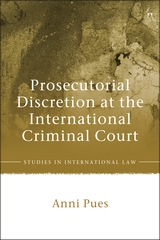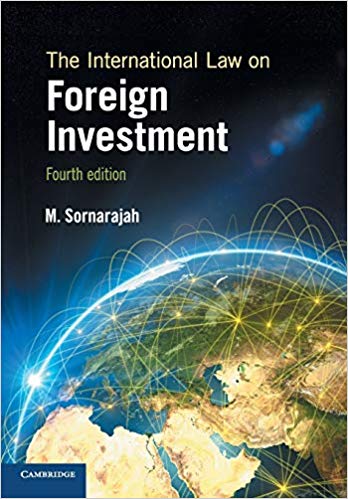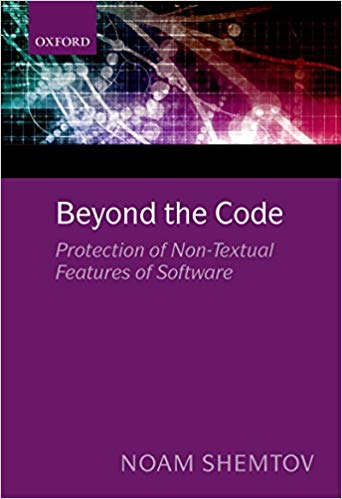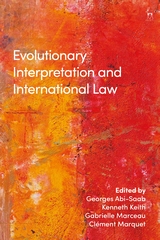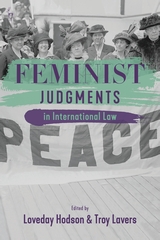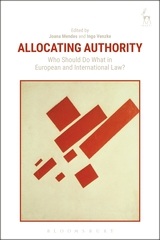Description
About Prosecutorial Discretion at the International Criminal Court
This timely book provides a comprehensive guide to, and rigorous analysis of, prosecutorial discretion at the International Criminal Court. This is the first ever study that takes the reader through all the key stages of the Proscecutor’s decision-making process. Starting from preliminary examinations and the decision to investigate, the book also explores case selection processes, plea agreements, culminating in the question of how to end engagement in specific country situations. The book serves as a guide to the Rome Statute through the lens of the Prosecutor’s activities. With its unique combination of legal theory and specific policy analysis, it addresses broader questions that will be relevant to other international and hybrid criminal courts and tribunals. The book will be of interest to students, practitioners of law, academics, and the wider public concerned with international law, criminal justice and international relations.
Table Of Contents
Introduction
I. Outline of the Book
1. A Theoretical Framework for the Analysis of Prosecutorial Discretion at the ICC
I. Introduction
II. Understanding Prosecutorial Discretion in its Systemic Context
III. Dimensions of Discretion
IV. Prosecutorial Discretion against the Backdrop of Perceptions of Legitimacy
V. Accountability Mechanisms for Prosecutorial Discretion
VI. Concluding Remarks
2. Prosecutorial Discretion During Preliminary Examinations
I. Introduction
II. The Law and Practice of Preliminary Examinations
III. Legal Limits through the Duty to Ensure Effective Investigation
IV. Guiding Aims and Principles
V. Accountability
VI. Concluding Remarks
3. A Duty to Investigate?
I. Introduction
II. The Legal Framework for the Decision to Initiate an Investigation
III. The Legal Boundaries of the Discretionary Scope for the Decision to Initiate an Investigation
IV. Guiding Aims and Principles
V. Accountability Mechanisms for the Decision to Investigate
VI. Concluding Remarks
4. Case Selection
I. Introduction
II. The Legal Framework and the Current Practice of Case Selection
III. Legal Limitations
IV. Guiding Factors in the Case Selection Process
V. Mechanisms of Accountability
VI. Concluding Remarks
5. Plea Agreements
I. Introduction
II. The Legal Framework and the Admission of Guilt
III. Limitations on Plea Agreements
IV. Guiding Aims for Plea Agreements
V. Accountability
VI. Concluding Remarks
6. The Interests of Justice
I. Introduction
II. The Legal Framework, Policy and Practice
III. The Limits of Discretion in the Interests of Justice
IV. A Principled Exercise of Discretion: Peace, Fairness and Human Rights
V. Accountability
VI. Concluding Remarks
7. Discretion and Completion
I. Introduction
II. The Law and Practice
III. Limits to Completion
IV. Guiding Factors
V. Accountability
VI. Concluding Remarks
